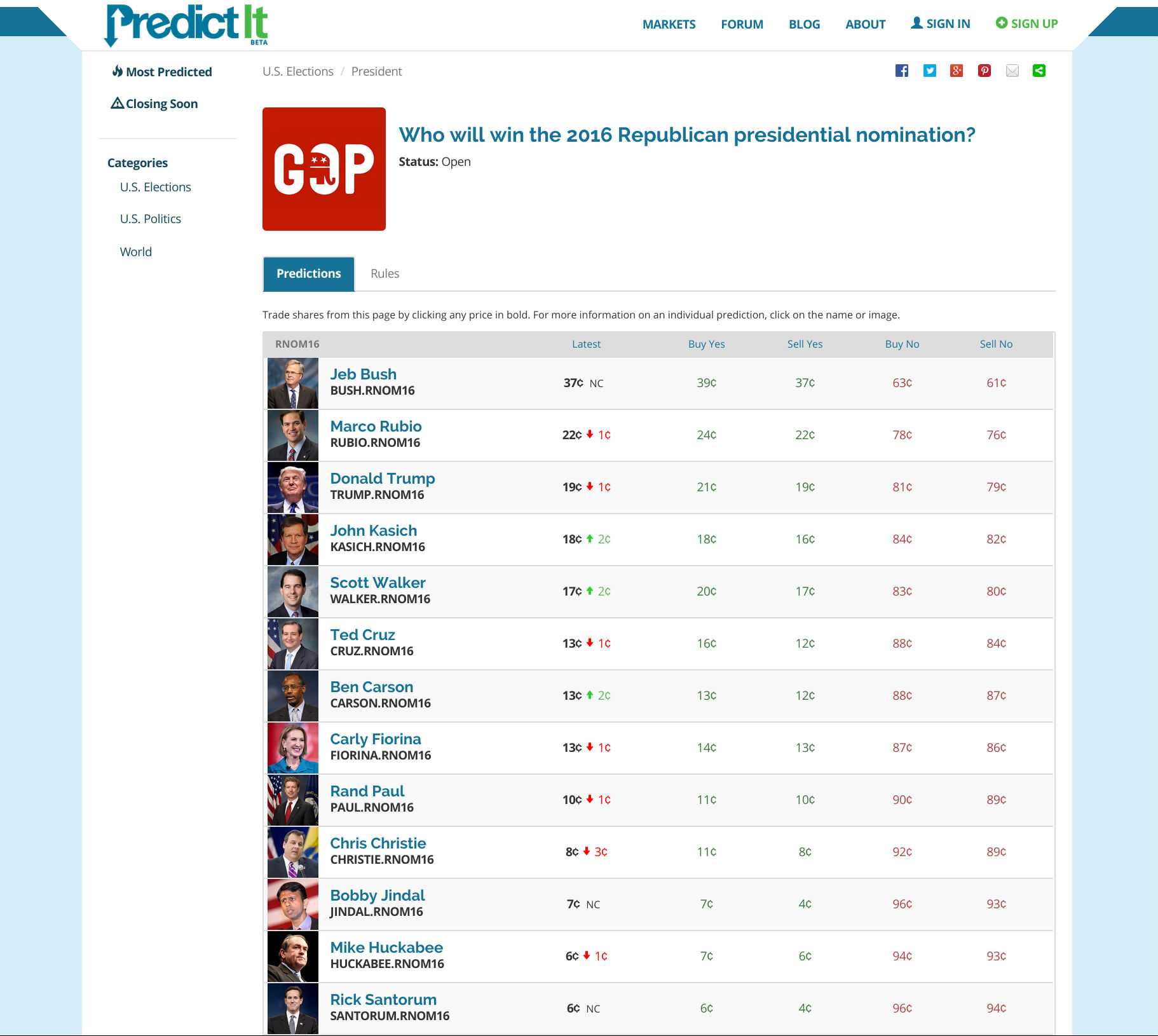Review: The Triumph of Injustice
Or, the coming debate on moral incidence of taxes
You're going to hear a lot about the triumph of injustice in the next 6-12 months. Or rather, you're going to hear a lot about The Triumph of Injustice: How the Rich Dodge Taxes and How to Make Them Pay, by Emmanuel Saez and Gabriel Zucman (2019).
For one thing, the two economists have signed on as economic advisors to 2020 presidential candidate Elizabeth Warren, who has for years been putting questions of economics and notions of justice front-and-center. But more generally, economic justice is having a moment, and I prophesy that you'll hear more about it before you hear less.
So this is my first real attempt to understand exactly what kind of moment it is, in the best way I know how -- by writing. Specifically, by writing a review that unpacks TToI for non-economists. (I am an economist, but not the kind that helps p— I mean, not a macroeconomist. I have macroeconomists in my blogroll; that's my primary qualification here.)
One note before we begin: I really don't want to wade into the Economics-Twitter debate about academic standards and practices that arose around the publication of TToI, when review copies were circulated to journalists before economists, and the data tables were delayed from the book release by a few weeks. I think that that discussion of Saez and Zucman's work is framed to produce heat rather than light, and I'm not particularly interested.
So we start the discussion with what we know now, setting aside the question of how we got here. Go somewhere else if you want



